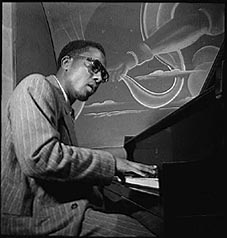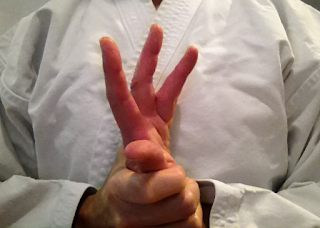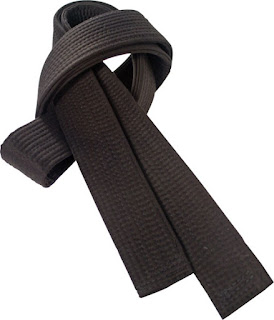Relax Progressively

"Relax progressively" is one of the four basic principles of Kokikai Aikido . It is a simple idea that can have profound effects. In Kokikai we learn that we can be physically relaxed and still remain strong-in fact, we can be even stronger when we are relaxed. This idea is counterintuitive for a lot of people, but you only have to spend a little time on the mat in a Kokikai class to see that it is true. The concept that relaxed can be stronger can even be extended to cognitive relaxation. I've often found myself becoming anxious and distracted by a stressful situation, sometimes for days. Especially if my stress was based on an angry or feared interaction with someone, I would rehearse or replay the conversation endlessly in my mind. At some point I had a realization that there was no purpose to hanging on to this fear, anger and distraction. They didn't help me when the time came to handle the situation. And they made all the time in between pre...








